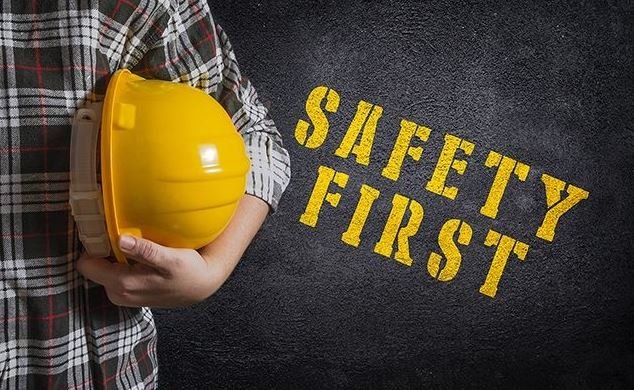The power sector has long been the unsung backbone of modern life, and yet the very people who risk their lives to keep the lights on have often operated without the safety nets they deserve. In Jammu and Kashmir, this reality is especially stark, where linemen and contract workers frequently perform duties in some of the harshest terrains and most unpredictable weather conditions. For too long, safety training has been ad hoc, reactive, and limited in scope. The recent initiative of the Power Development Department to institutionalize large-scale, parallel training sessions across districts marks a crucial shift from improvisation to structured preparation, from firefighting to foresight. It is a step that deserves both recognition and sustained commitment.
The training initiative has already reached hundreds of linemen, combining classroom sessions with practical demonstrations and focusing on the use of safety gear, adherence to Standard Operating Procedures, accident prevention, and even public awareness campaigns about electrical hazards. What sets this program apart is not just its scale but its intent. It is not a one-off exercise but part of a broader framework to institutionalize safety through annual calendars, expert collaborations, and future plans for a dedicated Power Training Institute. This signals a deliberate move toward building capacity, reducing risk, and embedding a culture of safety at the heart of power sector reforms. The need for such systemic change cannot be overstated. The very geography of J&K presents unique challenges. Linemen often work in snowbound mountains, flood-hit plains, and disaster-prone zones, frequently under time pressure during emergencies. Each snapped wire or damaged transformer carries not just the risk of large-scale blackouts but also the danger of electrocution and fatal accidents. The recent floods in Jammu, where power was restored in record time despite extensive damage, highlight the resilience of this workforce. Yet resilience without protection is a recipe for tragedy. Training alone will not suffice unless matched with adequate equipment, regular monitoring, and accountability. What makes this initiative especially noteworthy is its emphasis on linking workforce preparedness with public safety. By directing line staff to also educate the general population about electrical hazards, the program extends beyond the department to society at large. It acknowledges that in times of natural calamity, safety is a collective responsibility, and awareness can save lives. Similarly, the recognition of linemen who exemplify safe practices is a subtle but powerful way of reinforcing positive behaviour and creating role models within the system. Institutionalizing safety also has direct economic implications. Every accident avoided means fewer disruptions, less downtime, and more efficient service delivery. In an era where the power sector is rapidly modernizing with new technologies and higher consumer expectations, safety lapses can undo years of progress. By investing in training, J&K is not only protecting its workers but also safeguarding the efficiency and credibility of its entire power infrastructure. Still, the real test will be consistency. Training calendars must not gather dust after one successful round. Monitoring must be rigorous, and reports on compliance must be reviewed not as routine paperwork but as critical indicators of progress. Partnerships with national-level training institutions must go beyond ceremonial MoUs to meaningful knowledge exchange. Above all, safety must become non-negotiable, a value ingrained at every level of the department. This initiative also speaks to a larger truth about development itself. Infrastructure is not only about steel and concrete; it is about the people who build and maintain it. Human safety must be central to every reform, for no society can claim progress if its workers are left vulnerable. In J&K, where natural hazards will always remain a challenge, building resilient systems must begin with protecting the human beings who run them.
The launch of parallel training sessions for linemen is, therefore, more than a bureaucratic exercise; it is a statement of intent, a recognition that the lives of workers matter as much as the supply they sustain. It is also a reminder that safety, once institutionalized, can transform not just operations but mindsets. For Jammu and Kashmir, embracing this shift can mean fewer accidents, stronger infrastructure, and a more confident workforce ready to meet the demands of a modern power sector. The hope now is that this momentum is not lost and that safety becomes not an occasional theme but the very culture of the department, as inseparable from its work as electricity itself.




